Research
December 1, 1999
Record funding
The University of Washington received a record $600 million in grant and contract awards for 1998-99.
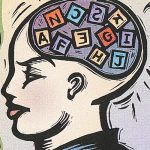
Dyslexia research
UW researchers found that dyslexic children use nearly five times the brain area as normal children while performing a simple language task.
September 1, 1999
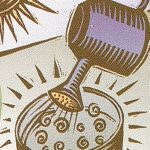
Stem cell breakthrough
A team of UW scientists has found a way to grow stem cells from mice in the laboratory.
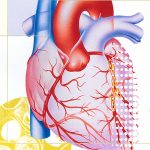
For the heart
UW Professor Thomas Grayston is principal investigator of an $11 million grant to see if killing a form of bacteria reduces heart attacks.
June 1, 1999
Fooling the body
UW researchers are one step closer to creating artificial bones, tissue and organs that the human body will recognize as its own.
March 1, 1999

Chemical tied to drinking
By growing mice with altered brain chemicals, UW researchers may have found a key to alcohol consumption and its sedative effects.
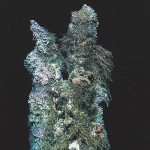
Out of this world
A host of UW scientists are ready to embark on a program that will train people to find life in outer space.
December 1, 1998
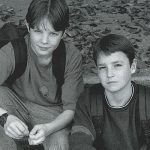
Learning curves
UW research into learning disabilities—including new teaching tactics, genetic testing and brain imaging—may finally break some children's roadblocks to success.
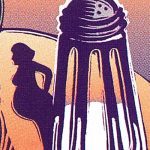
Salt of the womb
Your preference for salt may have been imprinted while you were still in your mother's womb, according to UW psychologists.
Record research funds
The University of Washington received $557 million in grant and contract awards for 1997-98—the highest level ever received at the University.
September 1, 1998

Brilliant discovery
The brightest object in the universe has been discovered by a University of Washington astronomer and his colleagues.

The big chill
By freezing a ship in the Arctic ice cap, scientists may get hot leads on global warming.

Extra pounds OK
Being overweight later in life does not pose a significant health risk, while unintended weight loss is unhealthy for those 65 and older, a recent UW study found.
March 1, 1998
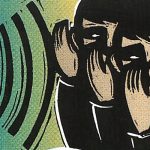
Deafness gene
UW Postdoctoral Fellow Eric D. Lynch successfully cloned a gene which, when mutated, causes an inherited form of deafness.

New age medicine
They swim; they walk; they even pump iron. Elderly Americans find a new lease on life, thanks to a UW research center.
December 1, 1997

Land on the move
What today are rainy British Columbia and chilly southern Alaska were once the sunny climes of Baja California, according to UW Paleontologist Peter Ward.

Obesity correlation
New UW research shows a child's chance of obesity in adulthood is greatly increased if he or she has at least one obese parent.
Research rising
The University of Washington received $510 million in research grants during 1996-97, passing the half-billion-dollar milestone for the first time.
September 1, 1997

Reading the skies
UW professors track data that may reveal future droughts, bountiful harvests and even global warming.
July 1, 1997
‘Imagination inflation’ makes childhood events seem real, study finds
The power of human imagination may be stronger than previously suspected, blurring the line between memory and imagination.